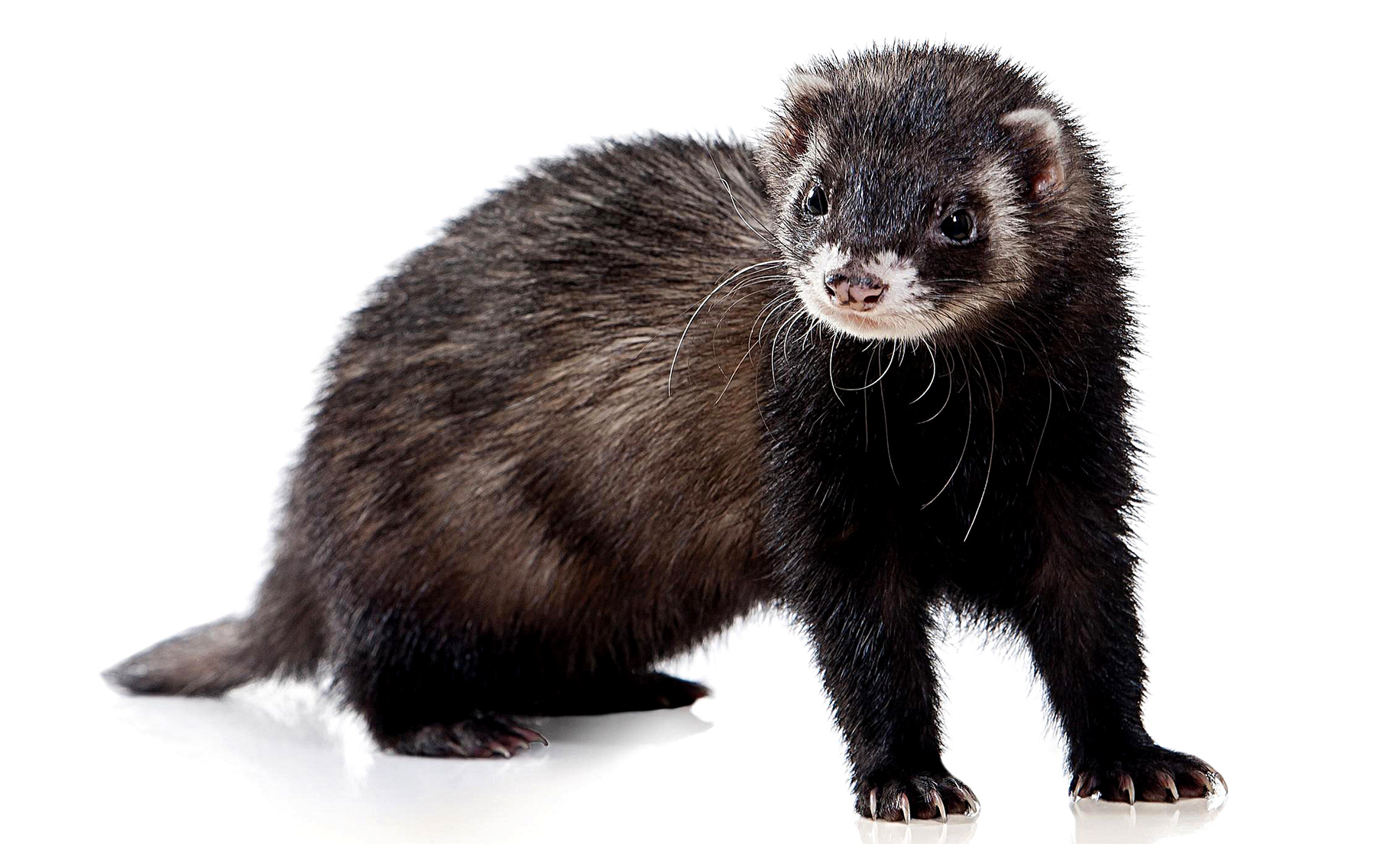Keeping ferrets is on the rise and has triggered a warning from CapeNature: if they go feral, these European imports will pose a dire environmental risk to local biodiversity.
The organisation is alarmed that there has been an increase in the incidents of ferrets found, both as pets in homes and running wild. Their import is “highly undesirable” and it says the potential ecological threat of them becoming established outside of captivity cannot be understated.
Ferrets – mostly banned globally, but not in South Africa – may look like our local mongoose family, but are in fact related to weasels, otters and wolverines. They’re tenacious predators and fearless hunters who will tackle prey much larger than themselves and can pursue it through tunnels and into burrows.
For this reason, they were introduced to New Zealand to control rabbit populations, but with disastrous consequences for the island’s birds, including kiwis. When rabbits were not around, they turned on livestock such as poultry and ducks. In Australia, they had a similar effect on native species.
 Ferrets are tenacious predators. (Image: ChatGPT)
Ferrets are tenacious predators. (Image: ChatGPT)
CapeNature also warns that ferrets are potential vectors for a range of diseases. They have been found to carry rabies and bovine tuberculosis. Unlike domestic dogs and cats, which have been domesticated for thousands of years, there’s a lack of research on viruses that ferrets may carry. Some may be transferable to indigenous wild animals such as African polecats, weasels, honey badgers, Cape clawless otters, mongooses, or even to humans.
Dr Ashley Naidoo, CEO of CapeNature, warned that the increase in pet ferret encounters in the Western Cape “sadly illustrates that people are importing, keeping and/or trading in ferrets without concern for the dire environmental risk”.
He warned that a permit is required for all activities involving ferrets (to buy, sell, donate, possession, captivity, transport and import) in the Western Cape. Anyone found keeping ferrets without a permit could be in contravention of the provisions of the Nature Conservation Ordinance and face legal consequences.
If you see a ferret in the wild, contact CapeNature on 087 087 9262 or the Crime Stop tip-off line on 08600 10 111. But before you make the call, make sure you’re not looking at a mongoose or a polecat. DM
https://www.youtube.com/watch?v=REeWvTRUpMk




 Ferret in a chicken coop. (Image: ChatGPT)
Ferret in a chicken coop. (Image: ChatGPT) 